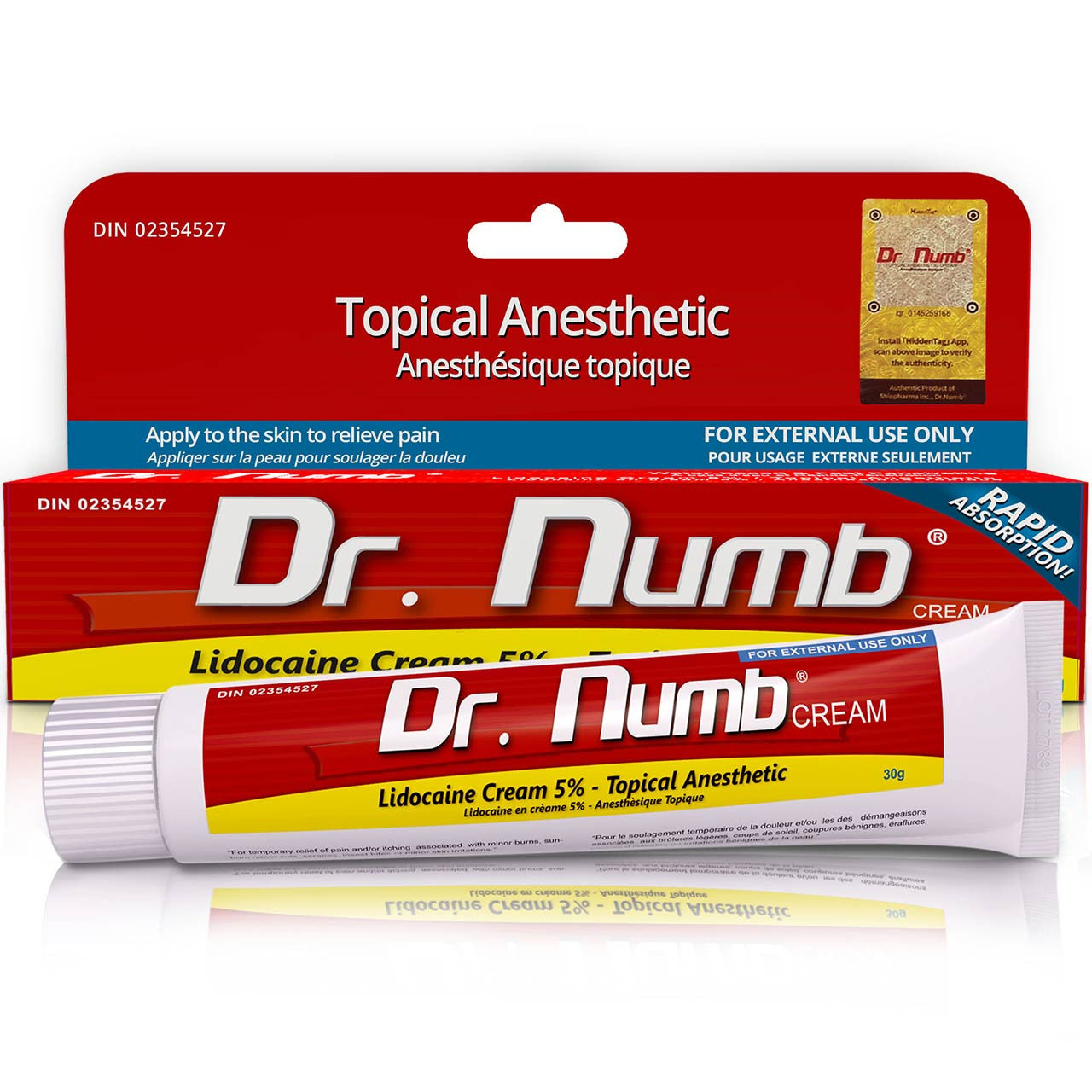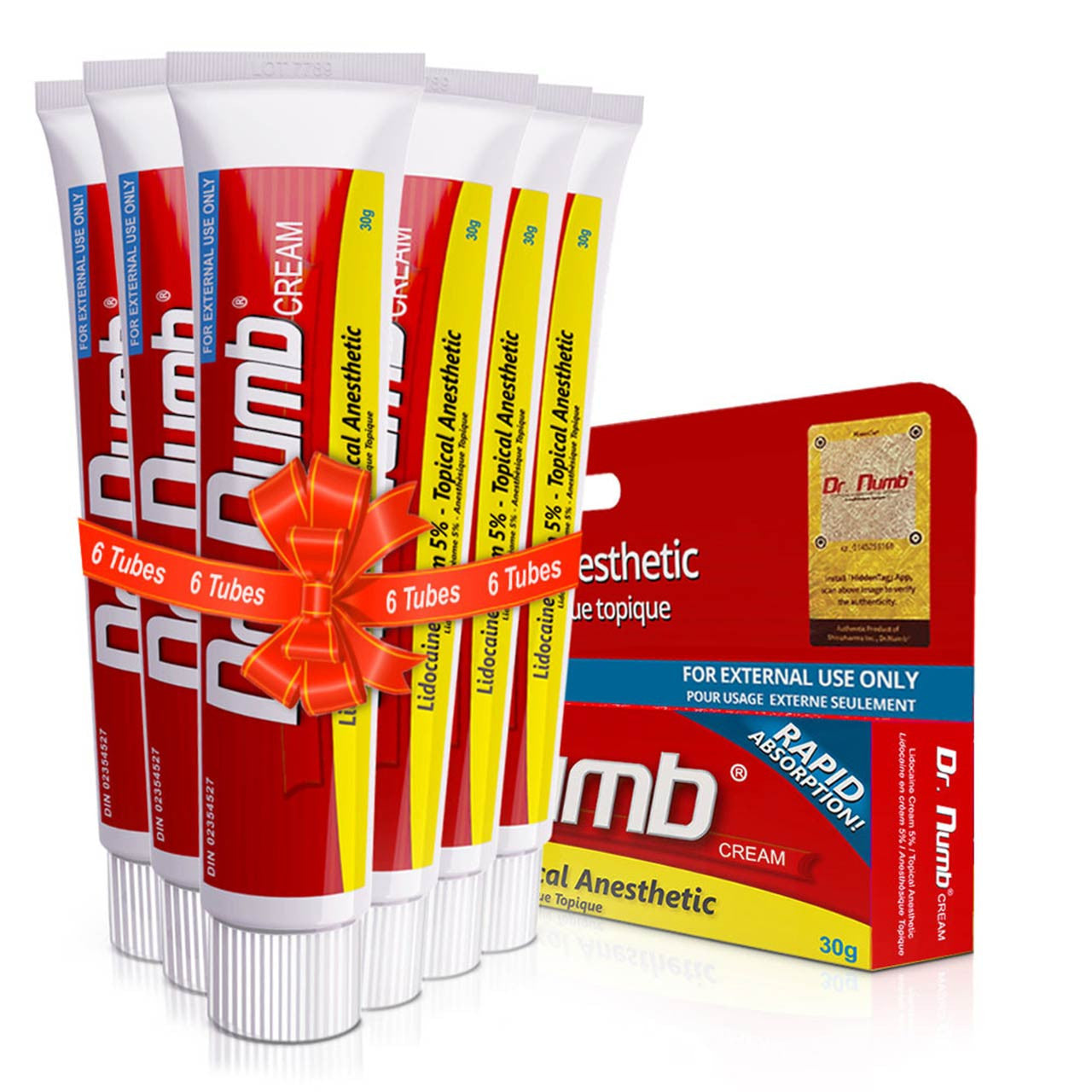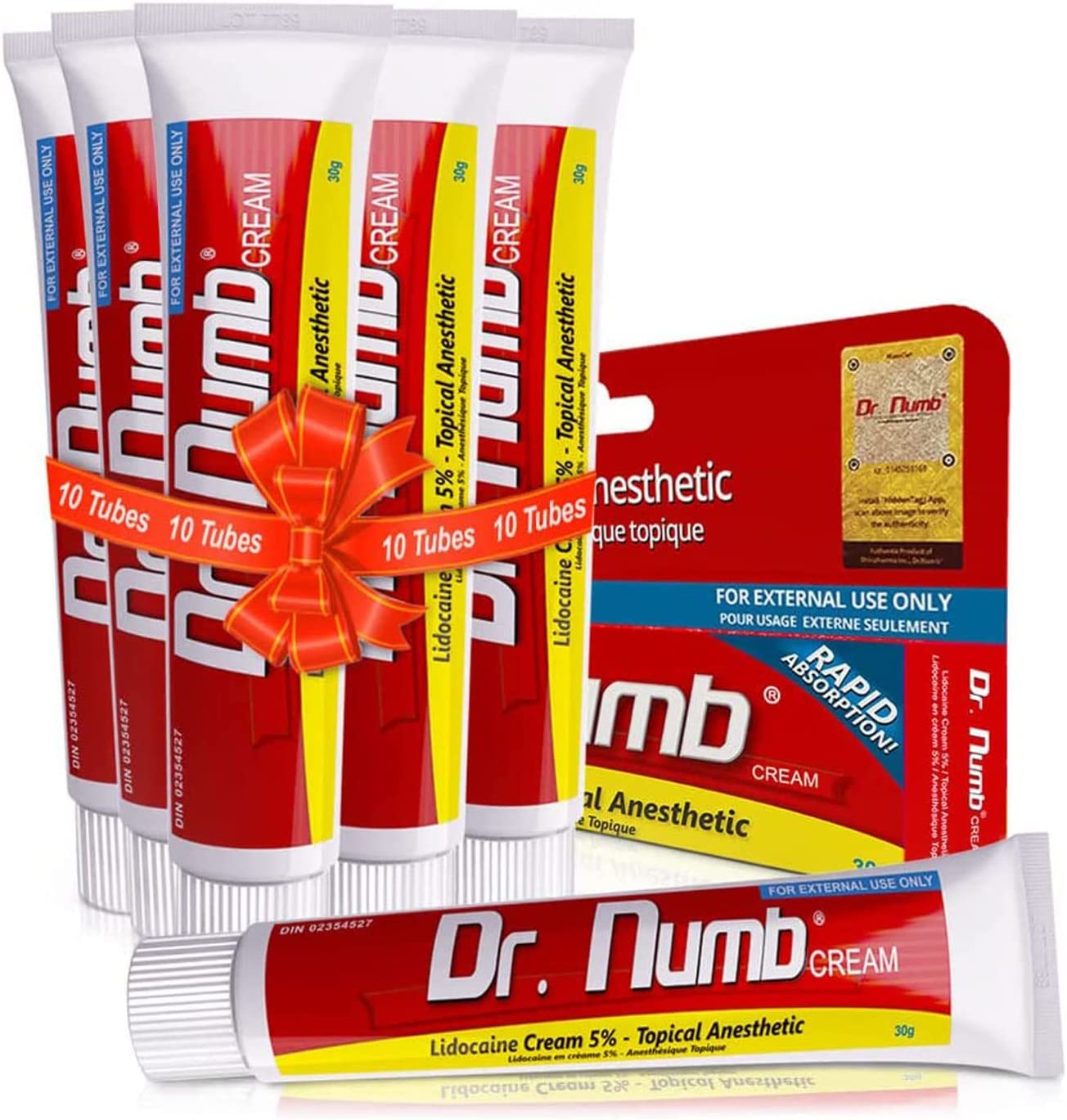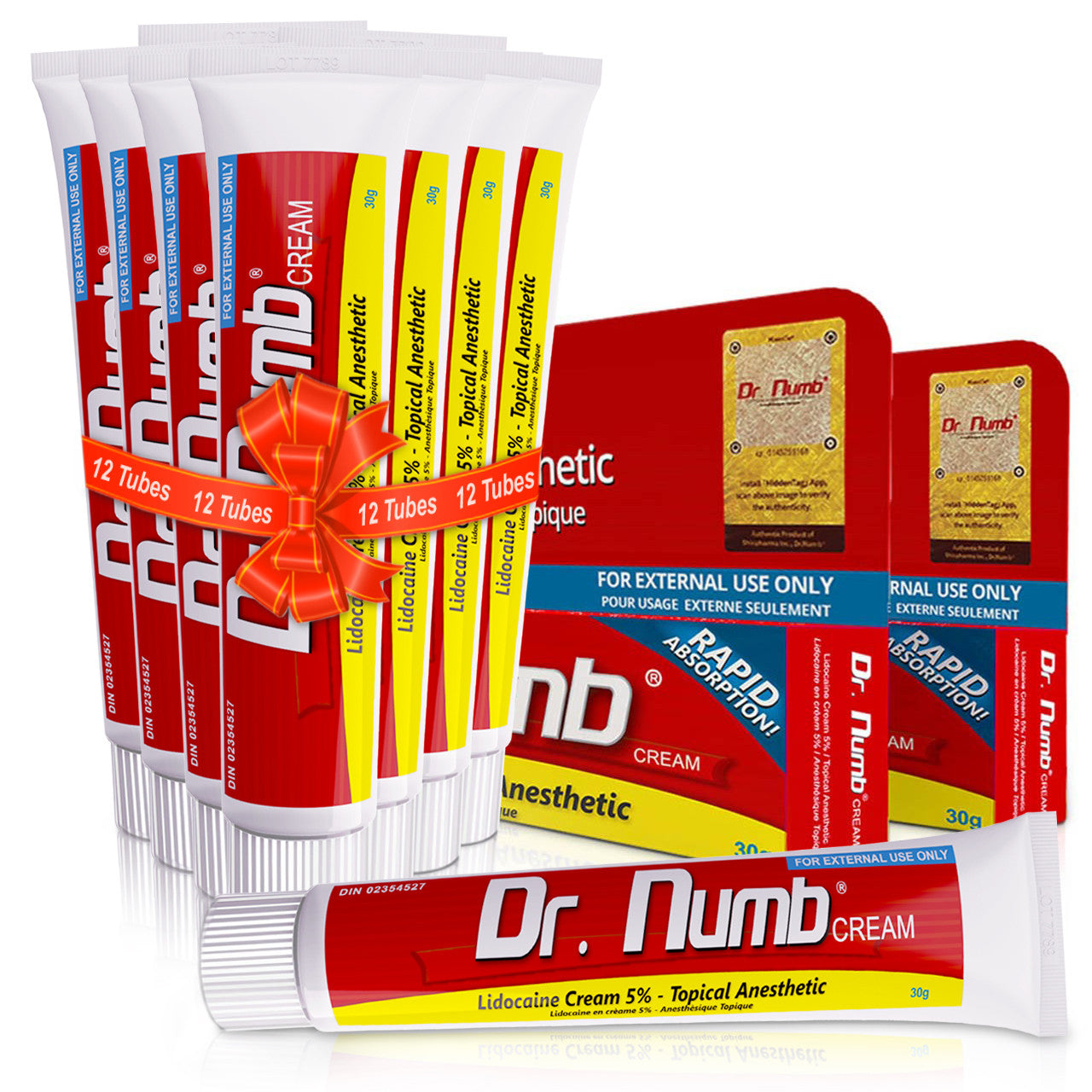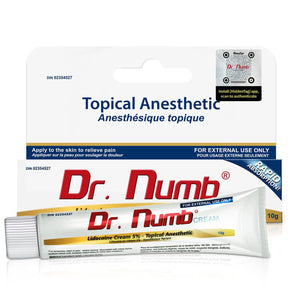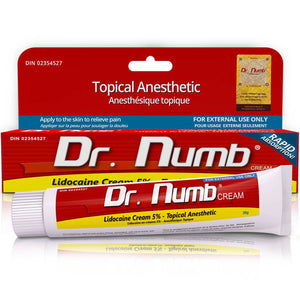Hemorrhoids can be prevented and treated with probiotics, such as lactobacillus and bacteria. If you have a weak immune system and intend to take this product, please contact your doctor before using it.
Probiotics can provide relief from hemorrhoids and help prevent their occurrence. Consider incorporating probiotics into your daily routine through supplements, food, or drinks. Consult with your doctor to create a hemorrhoid treatment plan that includes probiotics.
In this blog post, we will explore hemorrhoid relief with probiotics, the benefits of probiotics for hemorrhoids, the timing and dosage of probiotics for hemorrhoids, and probiotic side effects for hemorrhoids.
Hemorrhoid Relief with Probiotics: 10 Benefits

The symptoms of hemorrhoids can be uncomfortable and painful, and finding relief can be challenging. Enemas effectively clean out the rectum and colon, reducing pressure and inflammation in the affected area. Here are some benefits of using probiotics for hemorrhoid relief:
- Reducing Inflammation: Anti-inflammatory effects of probiotics soothe inflamed tissues around hemorrhoids, relieving pain and discomfort.
- Promoting Healthy Digestion: Constipation is one cause of hemorrhoids, which can pressure the veins around the anus. Hemorrhoids can be reduced with probiotics because they aid digestion, prevent constipation, and promote healthy bowel movements.
- Boosting Immune System: Protecting the body from disease is the function of the immune system. By strengthening the immune system, probiotics help fight infections and prevent hemorrhoids-associated inflammation.
- Enhancing Nutrient Absorption: Gut microbiomes may improve nutrient absorption and overall health. As a result, the body can repair damaged tissue and blood vessels around the anus more effectively, reducing hemorrhoid symptoms.
- Increased Fiber Intake: Foods that contain prebiotics are rich in a specific type of fiber that promotes good digestive health. These fibers make stools softer and easier to pass and help/ reduce inflammation and discomfort by relieving pressure on hemorrhoids.

- Reducing Anxiety and Stress: Studies have shown that probiotics can reduce anxiety and stress, contributing to digestive problems, including hemorrhoids.
- Healing: Probiotics also promote tissue repair and regeneration, helping to heal anal tissue damaged by hemorrhoids.
- Safe and natural: Unlike traditional hemorrhoid treatments, which can have unpleasant side effects, probiotic suppositories are entirely natural and safe. There is no risk of allergic reactions or interactions with other medications, making them suitable for everyone.
- Easy to use: Probiotic suppositories are quick and convenient, reducing the need for messy creams or ointments. They can also be used alongside other hemorrhoid treatments for added relief.
- Long-term benefits: Probiotics provide long-term benefits as they maintain a natural balance of bacteria in the gut. This can help to prevent future hemorrhoids and promote overall health and well-being.
Probiotics for Hemorrhoids: Dosage and Timing

Probiotics can enhance the recovery process. Live microorganisms contribute significantly to gut health, immune system function, and inflammation reduction. These probiotic dosage and timing tips will help you after hemorrhoid surgery.
Dosage of Probiotics for Hemorrhoid Relief
Probiotic dosage is crucial for optimal health benefits. Here are some dosage tips for probiotics after hemorrhoids:
- Consult with a healthcare professional: They can recommend and advise what type and dosage of probiotics are appropriate after hemorrhoid surgery.
- Start with a low dose: Accumulating the amount will ensure your body adjusts safely and effectively.
- Follow the recommended label dosage: Following the manufacturer's recommendations is essential, ensuring you do not exceed the maximum dosage.

Timing Tips of Probiotics for Hemorrhoid Relief
Probiotic intake must be timed appropriately to maximize the benefits of probiotics after hemorrhoid surgery. The following tips will help you decide when to take probiotics after hemorrhoids:
- Take probiotics with food: Probiotic supplements work best when taken with food. When bacteria travel through your digestive system, the food provides a buffer to protect them from stomach acid. Your probiotics will also be able to reach the right parts of your gut where they can be most effective.
- Take probiotics consistently: Probiotics are most effective when taken consistently over time. It would be best to take them daily, ideally at the same time every day. It helps balance your digestive system by allowing good bacteria to grow in your gut.
- Take probiotics at the right time of day: It is best to take probiotics in the morning after waking up to relieve hemorrhoids. When your digestive system is most active in the morning, bacteria will have the best chance of surviving and colonizing your gut.
- Take probiotics after antibiotics: When you take antibiotics recently, you may have an imbalance of gut bacteria. Hemorrhoids can be reduced, and your gut's natural bacteria balance can be restored after antibiotics.
5 Side Effects of Probiotics for Hemorrhoids

To help you decide whether hemorrhoid relief with probiotics suits you. Here is a list of potential side effects:
- Increased Flatulence: Probiotics introduce good bacteria into your gut flora, which can increase gas production. Some people find this side effect uncomfortable and embarrassing, even though it isn't harmful.
- Upset Stomach: The first few days after starting probiotics, you may experience an upset stomach because of your body's change to the new bacteria. It is expected to experience symptoms such as bloating, diarrhea, and abdominal pain, but they usually subside within a few weeks.
- Allergic Reactions: Some people may be allergic to the probiotics in hemorrhoid relief products. The symptoms of a rash, hives, and difficulty breathing should be treated as soon as possible.
- Risk of Infection: Probiotics can sometimes increase your risk of infection.
- Interference with Medications: Probiotics may interfere with the absorption of some medications. Before starting a probiotic regimen, consult your doctor if you are taking medication.
Conclusion
The pain and discomfort associated with hemorrhoids can be significant, but probiotics can help. The right probiotic supplement can improve digestive health and reduce hemorrhoid inflammation. It can also ease discomfort by eating probiotic-rich foods and taking probiotic suppositories.
You can improve your quality of life by implementing these changes. Focusing on your digestive health will help you avoid hemorrhoids and live your best life.



